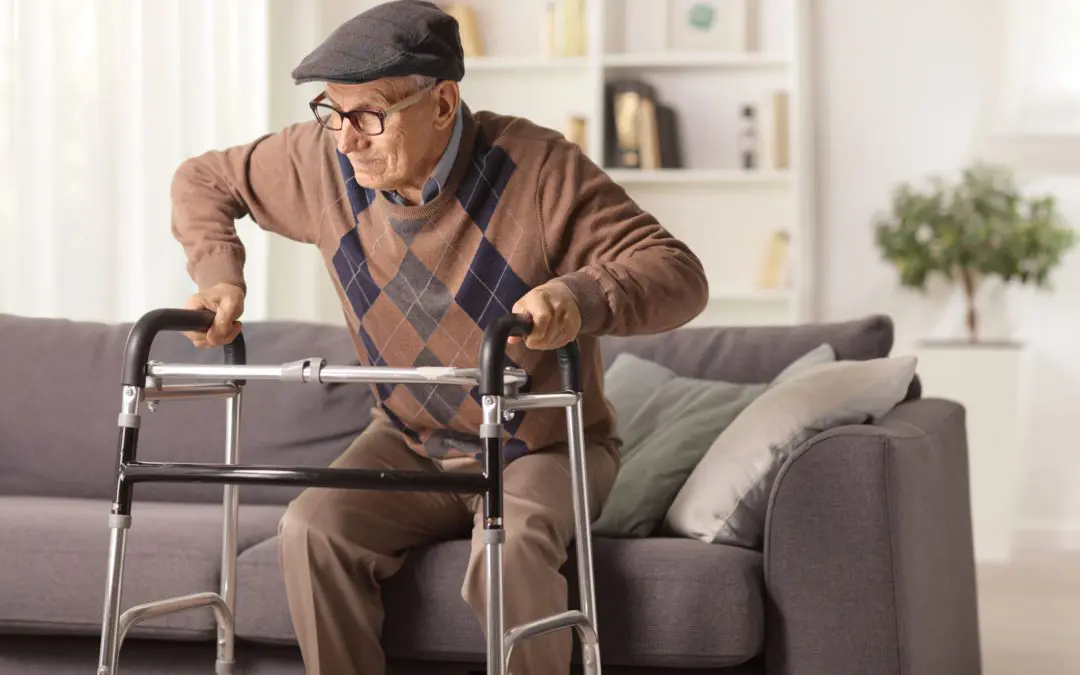Looking after an ageing parent is tough, especially when you’re unsure whether they need extra support. Most elderly people wish to stay independent for as long as possible, but there comes a time when home care may be necessary to ensure their safety, well-being, and quality of life.
If you’ve been wondering whether your elderly parent needs assistance, this comprehensive checklist will help you determine when it’s time to consider home care.
Physical Health & Mobility

✅ Unexplained weight loss or poor nutrition due to difficulty cooking or eating.
✅ Struggles with mobility, balance issues, or recent falls.
✅ Difficulty getting up from a chair, walking without support, or climbing stairs.
✅ Frequent injuries or bruises without a clear explanation.
✅ Chronic conditions (e.g., arthritis, diabetes, heart disease) requiring regular monitoring.
If your parent has trouble moving around or falls often, home care can provide support with daily activities, reducing the risk of injury.
Personal Hygiene & Appearance

✅ Unwashed clothes, body odour, or signs of infrequent bathing.
✅ Noticeable decline in grooming habits (e.g., unkempt hair, untrimmed nails).
✅ Incontinence issues that aren’t being managed properly.
✅ Difficulty dressing or wearing inappropriate clothing for the weather.
If hygiene is declining, it could indicate physical or cognitive challenges. Home care assistance with personal grooming can restore dignity and comfort.
Cognitive Health & Memory

✅ Forgetting to take medication or taking incorrect doses.
✅ Confusion about dates, times, or locations.
✅ Frequently misplacing important items like keys, wallet, or phone.
✅ Struggles to follow conversations or repeat the same questions often.
✅ Signs of dementia or Alzheimer’s, such as disorientation, paranoia, or agitation.
If memory issues are affecting their daily life, home care can provide medication reminders and companionship to support cognitive health.
Household & Living Environment

✅ Piles of unopened mail, overdue bills, or financial struggles.
✅ Dirty dishes, spoiled food in the fridge, or a generally unclean home.
✅ Cluttered walkways, increasing the risk of falls.
✅ Appliances left on or other safety hazards in the home.
✅ Difficulty maintaining home maintenance tasks like lawn care or laundry.
If keeping their home tidy and safe is getting harder, home care can assist with household tasks and ensure a comfortable living environment.
Social Interaction & Mental Well-Being

✅ Withdrawing from social activities or hobbies they used to enjoy.
✅ Expressing feelings of loneliness, sadness, or depression.
✅ Avoiding phone calls, family visits, or community gatherings.
✅ Becoming easily irritated, anxious, or having frequent mood swings.
✅ Showing signs of elder neglect or self-isolation.
Loneliness can lead to mental and physical decline. A home care companion can provide emotional support and encourage social engagement.
When to Take Action
If your parent is experiencing multiple signs on this checklist, it may be time to explore home care options. Having professional caregivers can provide the extra support they need while allowing them to remain in the comfort of their own home.
Next Steps:
- Have a chat with your parent about their worries and needs
- Research home care options to find the right level of support.
- Explore funding options to help cover the cost of care.
âž¡ Need expert guidance on home care? Call us today for a friendly, no-obligation chat about how we can support your family.
